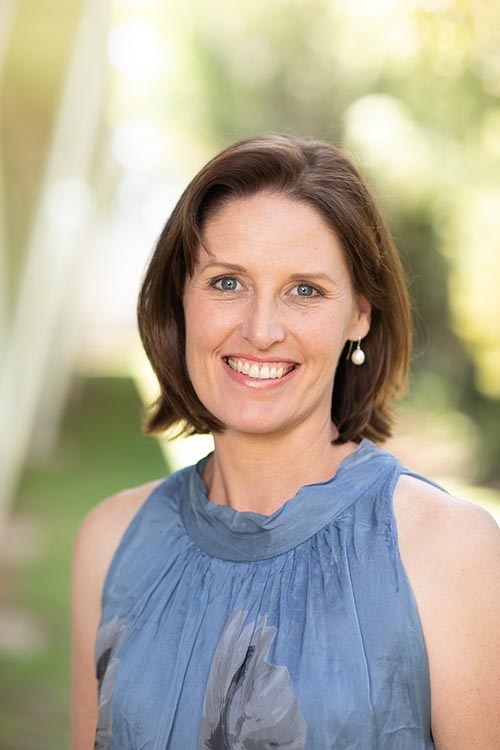Inclusiveness in Rural Australian Healthcare
Australians residing in metropolitan areas have a choice of more than one health service which aligns with their values, beliefs or specialist needs.
Almost a third of the population, however, live outside major cities and they often experience poorer access to, and have limited choices for, healthcare services.

Dr Olivia Mitchell and the Culturally Inclusive Rural Health Care team at the Department of Rural Health, based in Shepparton, Melbourne Medical School, have been researching how services can become more responsive and inclusive for the communities they serve.
"Rural health services need to be able to cater for a culturally diverse population," Dr Mitchell said.
"It's important for people to feel safe, comfortable, and able to access health services when they need to because even though they live in some very beautiful rural places, statistically they have shorter life expectancy and a greater burden of disease," she said.
Dr Mitchell and her colleagues are currently working on an Australian Research Council (ARC) Discovery project which examines increasing inclusion in four rural health services.
The health services include a small rural hospital, a community health service, a youth mental health service and a maternal child health service.
"Each health service has a different group they want to be more inclusive for and we are documenting the journey of each organisation as they undertake this process," Dr Mitchell said.
Her research includes elements of organisational change, culture change, practice change and patient-centred care.
"It's about getting healthcare organisations to think about the assumptions they make about the community and individuals," Dr Mitchell said.
"Once thinking is challenged around assumptions commonly made about people wanting to access the service, the inclusiveness culture starts to expand," she said.
Dr Mitchell and her colleagues plan to develop an inclusiveness toolkit which can be contextualised based on the needs of each rural health service.
"We would like to highlight strategies on how to overcome barriers to inclusion and how to enable health services to recognise improvements," Dr Mitchell said.